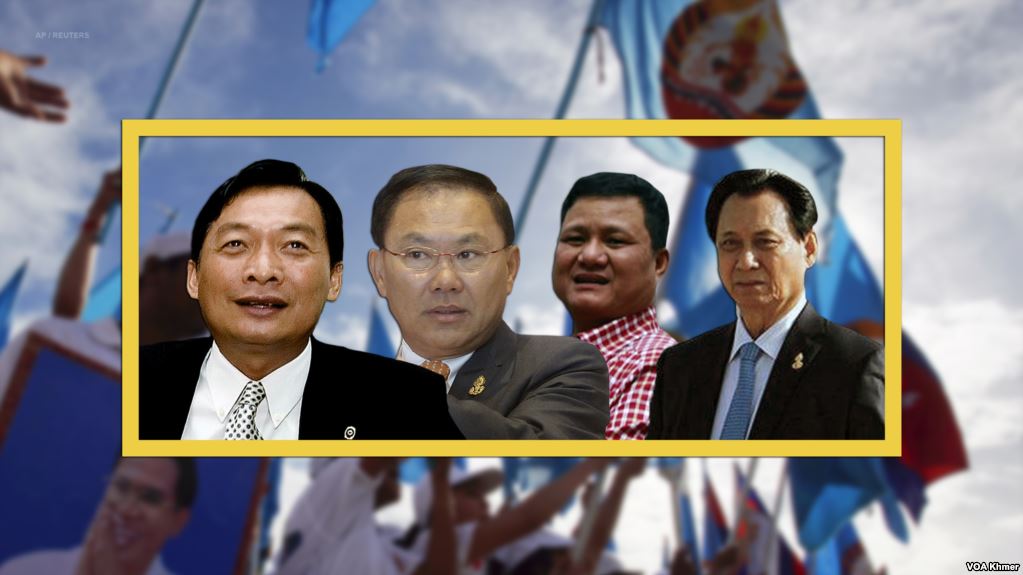Global watchdog to put Cambodia on its money-laundering watchlist
Op-Ed: Reuters
JAKARTA (Reuters) – A global money-laundering watchdog, the Financial Action Task Force (FATF), will place Cambodia on its watchlist on Friday because of concern it is highly vulnerable to money laundering, a high-level official with knowledge of the issue said.

The placing of Cambodia on the FATF’s “grey list”, to be announced in Paris, will likely curtail international financial, investment and trade flows to and from the Southeast Asian country.
The FATF is an inter-governmental organization that underpins the fight against money laundering and terrorist financing.
A spokesman for Cambodia’s Ministry of Economy and Finance said he could not comment on the FATF issue and referred questions to the National Bank of Cambodia, which did not immediately respond to an email request for comment.
The expected listing comes as Cambodia faces the loss of preferential trade treatment from the European Union due to concerns over its human rights record.
Companies and individuals based in Cambodia could find it “tougher” to use the international financial system after the FATF move, said the senior official, who declined to be identified.
Cambodia’s inclusion on the list follows an FATF “mutual evaluation report” on its policies to counter money laundering (ML) and terrorism financing (TF) conducted in 2017.
The report contained several damning findings and observations, including that no money-laundering case had ever been prosecuted in Cambodia.
Cambodia’s judicial system had “high levels of corruption”, the FATF said in the report, adding:
“Cambodia has made minimal use of financial intelligence in investigating ML/TF.”
The Cambodian Financial Intelligence Unit did not supervise its booming casino and real estate sectors, long identified by organizations such as the United Nations Office on Drugs and Crime as highly exposed to money laundering by organized crime groups.
Cambodia had been removed from the FATF “grey list” in 2015, so the new listing would suggest it has been backsliding on efforts to counter money laundering.
CRITICISM
A more restricted financial environment comes as Cambodia is also facing the prospect of tougher trade conditions.
This month, the EU began a formal, 18-month process that could result in Cambodia losing its access to the EU’s “everything but arms” trade regime, which allows the world’s poor countries to sell goods, other than weapons, tariff-free into the 28-member bloc.
The EU warned Cambodia that it could lose the special status last year after Prime Minister Hun Sen’s ruling party won all of the seats in parliament in a general election.
The main opposition party was outlawed and its leader arrested before the vote.
Hun Sen’s government, who has ruled Cambodia since 1985, has also faced criticism for muzzling the media and free speech.
The EU is Cambodia’s largest trading partner, accounting for 45 percent of its exports in 2018. Clothing factories there employ about 700,000 workers, and garments are a large share of exports to the bloc worth some 4.9 billion euros.
According to the FATF, there are 11 countries on the list.
North Korea and Iran are listed under a tougher regime, known as the “black list”, which calls on states to take active countermeasures against them, including in the case of North Korea limiting or prohibiting financial transactions.
Reporting by Tom Allard, additional reporting by Prak Chan Thul in PHNOM PENH; Editing by Robert Birsel
